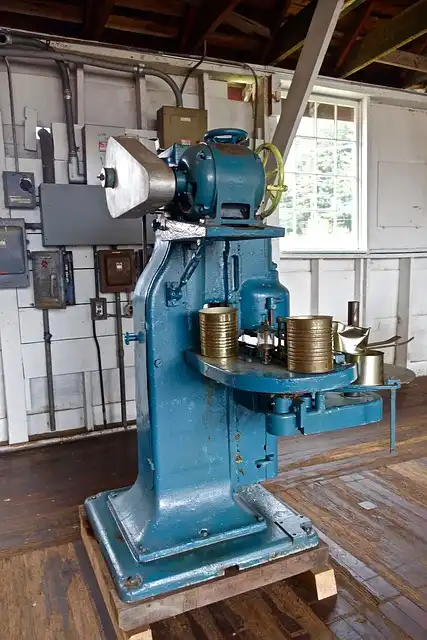Ruins of the Bayside Cannery

Today, the ruins of the Bayside Cannery are part of the Alviso Marina County Park, which for thousands of hikers, birdwatchers, naturalists, and other outdoor enthusiasts is largely regarded as the gateway to the Don Edwards San Francisco Bay National Wildlife Preserve.
Thomas Foon Chew joined his dad at Bayside Cannery at age 17 and continued to transform the service. It was during Thomas Foon Chew’s tenure as the “Asparagus King” that Bayside Cannery became the third-largest cannery in the U.S. and Chew became the wealthiest Chinese American in the country. In 1936, 5 years after Chew’s death and in the midst of the Great Anxiety, the Bayside Cannery closed for good.
While Alviso’s time as a city of industry is long over, this once-troubled neighborhood still has a bright future in advance of itself. Today, the damages of the Bayside Cannery are part of the Alviso Marina Area Park, which for countless walkers, birdwatchers, conservationists, and various other outdoor fanatics is mainly considered the portal to the Don Edwards San Francisco Bay National Wildlife Preserve. This area not just offers enough mixed usage nature routes, yet indispensable wildlife refuge for birds and various other Bay Location wildlife.
The ruins of the Bayside Cannery are quickly accessed from the street, yet the most effective view of inside the home and most practical car parking is at the parking area for the Alviso Marina County Park, near the watercraft launch.
While the modern technologies created at Bayside Cannery are still in use today, the structures in Alviso were marketed and consistently damaged by flooding. Today, all that continues to be of the once-prominent cannery are sparse damages adorned with a mural showing Alviso’s past.
Sai Yen Eat established the Precita Canning Company in San Francisco in 1890, but after the 1906 quake and ensuing fires, he moved his organization to Alviso, the bustling port at the southernmost tip of the San Francisco Bay. In a racist time when Chinese workers were steered clear of and victimized, Sai Yen Eat developed lodging for numerous Chinese workers, spent for added workers to be bused into his manufacturing facility, and utilized a virtually solely Chinese labor force.
Thomas Foon Chew joined his father at Bayside Cannery at age 17 and continued to change the service. It was throughout Thomas Foon Chew’s tenure as the “Asparagus King” that Bayside Cannery became the third-largest cannery in the U.S. and Eat became the most affluent Chinese American in the country.
1 Bayside Cannery2 Precita Canning Company
3 Sai Yen Chew
4 Thomas Foon Chew
5 Yen Chew founded
« What You Should And Shouldn’t Get With Travel InsuranceTennessee’s Mayberry: Explore Historic Granville »
